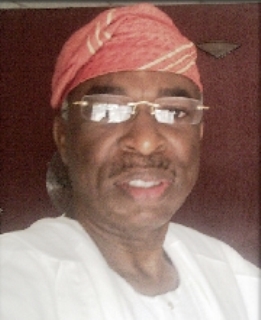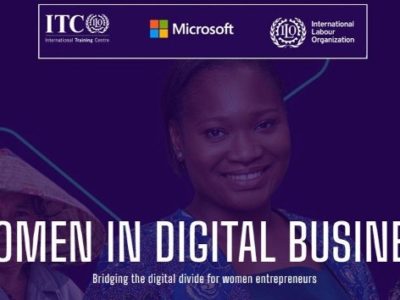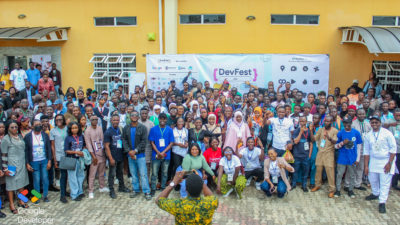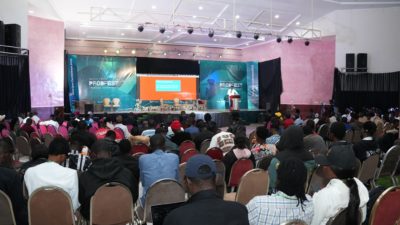In an insightful conversation, Olumide Koya, Managing Director of Centurion Networks, shares his thoughts on why the concept of gateway licenses is outdated in today’s technological landscape. Koya also touches on the issues surrounding SAT-3 access and the broader telecommunications industry in Nigeria. Speaking with IT Edge News duo of Segun Oruame and Melvin Awolowo, Koya advocates for modernising telecom regulations. This is necessary to foster competition, innovation, and better service delivery.
What are the main challenges the prepaid calling card business faces, and how is your association addressing these issues?
First, let me clarify—our association is not about fighting a common enemy but about protecting common interests. At one point, there was confusion surrounding operators engaging in illegal traffic without the required gateway license. As technology evolves, the focus should shift from outdated regulations to the interests of the country. For example, if I use software to make international calls via my laptop, does that mean I’m illegally carrying traffic?
The key issue is ensuring that services are delivered at a competitive rate. This should be in line with global standards to benefit Nigerian citizens. Protecting corporate interests should not overshadow public good. The technology exists to allow people to communicate affordably and securely. Regulations need to reflect this.
Rejigging regulations to serve broader public interest
Are you saying that the role of gateway licenses has diminished with the evolution of technology?
Absolutely! Technology has outpaced these restrictions. Today, I can provide services better and more efficiently than a company with a gateway license, but I’m still required to go through them. This is anti-competitive and against the principles of deregulation. If I can deliver high-quality service at a lower cost, why should I be tied to another entity?
It’s about giving businesses choices and letting competition thrive. If outdated regulations hinder innovation, we’re not serving the best interests of consumers.
How should the Nigerian Communications Commission (NCC) handle this?
The NCC needs to evaluate whether these outdated licenses are truly serving the interests of Nigerian citizens or simply protecting corporate entities. Imagine being limited to a car that only goes 70 miles per hour, while there are faster, safer options available. It’s a similar situation in telecom—if there are better, faster, and cheaper alternatives, why limit access?
We need to ask whether current regulations are in place to protect a few companies or to serve the broader public interest. In many other countries, there’s competition among service providers. Competition offers consumers more choices and better prices. We need to adopt the same approach here.
SAT-3 and issue of aacces
What’s your take on SAT-3 and the current restrictions on access?
The idea that only companies with a gateway license can access SAT-3 is absurd, especially in an era when satellite technology offers alternatives. If I’m an internet service provider using satellite technology legally, why should I be denied access to SAT-3? It’s cheaper, faster, and more reliable, yet I’m told I don’t have the proper license to use it.
It’s either we’re part of the global village or we’re not. Restricting access to SAT-3 only serves to protect vested interests, not the consumers who stand to benefit from better service and lower costs.
Do you believe that the fear of competition is driving these restrictions?
That’s exactly what’s happening. The companies with access to SAT-3 are afraid of losing their market share, so they block competition by limiting access. In a competitive market, the only way to survive is by improving your services, not by relying on outdated regulations to keep others out. Look at the automotive industry—when Japanese companies started producing smaller, more fuel-efficient cars, American manufacturers had to adapt. The same logic applies to telecom.
Companies need to innovate and respond to market demands instead of relying on protectionist regulations.
Future of prepaid calling card industry
What happened to the prepaid calling card association? It seems to have been quiet since its formation.
We’re still advocating for change, and I believe the government is starting to take steps. There are plans to remove SAT-3 from Nitel’s control, so a neutral party can manage it. Right now, Nitel views other operators as criminals, which makes collaboration difficult. Once SAT-3 is managed by an impartial entity, I believe access will become more equitable.
What’s your outlook on the prepaid calling card business?
Prepaid calling cards will continue to exist as long as they offer value. In many countries, they remain a popular option for international and long-distance calls because they provide cheaper rates and help users manage their spending.
Yes, new technologies will emerge, but as long as prepaid cards offer a competitive edge, they will remain in demand.
The mortality rate in the prepaid calling card industry is quite high. Why is this the case?
That’s normal in any competitive industry. If you don’t understand the market or don’t adapt to changing conditions, you will fail. The key to survival is knowing what the market wants and being able to meet those demands. At Next Call, we know what role we play in this industry, and we’re here for the long term.
VoIP cannot be illegal
What do you think of the VoIP (Voice over Internet Protocol) debate? Some claim it’s illegal.
There’s nothing illegal about VoIP. It’s a more efficient way to handle telecommunications traffic. Calling it illegal is like saying air-conditioned cars or automatic transmissions are illegal. It’s an advancement in technology designed to make life easier, and we should embrace it, not resist it.
How can Nigerian lawmakers better support the telecom sector?
Lawmakers need a deeper understanding of the industry they’re legislating. They should also look at how other countries, like India, are using their telecom resources to boost their economies. Nigeria is well-positioned to offer outsourcing services, especially given our time zone advantage. But to do that, we need reliable, affordable bandwidth. SAT-3 is a national resource, and access to it should not be restricted.
Will Next Call be around for the foreseeable future?
Absolutely. We’re clear on our goals and committed to improving our services. We’re here to stay.































